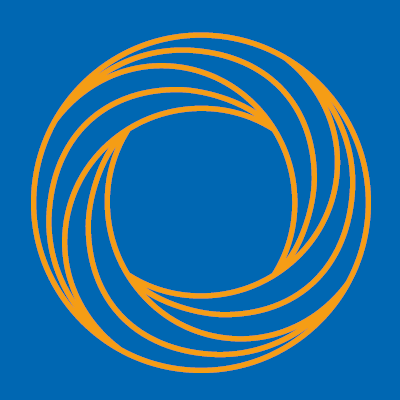Moore echoes this: “Often, we set ourselves up for failure with New Year’s resolutions, as the expectation for a whole year rests on this one decision at New Year,” she says.
“[It creates] too big a concept rather than appreciating the power and value in one day at a time, which is a far simpler concept to accept and apply ourselves to.”
Whilst it is “healthy to have a vision for our future,” it is also wise to “break the year into sizeable chunks and ultimately into a daily ideal so we can appreciate the power and value in each day.”
Always Ask If The Goals Serve You
“It’s important to remember that what we place our attention on is what we will experience more of,” says Moore. And whilst it’s “easy to be distracted and influenced by the outside world […] while we compare ourselves to others and what is expected of us,” a goal of any size has the potential to be fulfilling and healthy.
Author and coach Em Stroud has found a fulfilling and realistic organisational system: the ‘Rainbow Diary’, where each of her priorities is given a colour of the rainbow.
She explains: “In my weekly calendar, I know that there are seven colours on a week-by-week basis and that if I don’t see those seven colours, I know I’m missing out on something that I want to do within my life.”
Stroud recognises that her work involves frequent travel, so she might not see red (friends and family) all of the time. However, Stroud recommends having two non-negotiable colours in the diary: self-care and exercise. Self-care, she says, can be “anything where you are being looked after, you are not leading other people, you’re not worried about other people”.
The five other colours are “the things that fulfil you”. For Stroud, that is her work with businesses; her comedy, writing, and podcasting; and time with friends and family. Another is fun and curiosity, and the final one is time with her little boy.
With this diary system, Stroud can immediately recognise if something is missing. She reflects: “Covid has taught us that life is precious. So for me, it’s like, how do you live each life consciously, rather than just responding to others?”
Header image courtesy of Yellow Cactus via Unsplash








